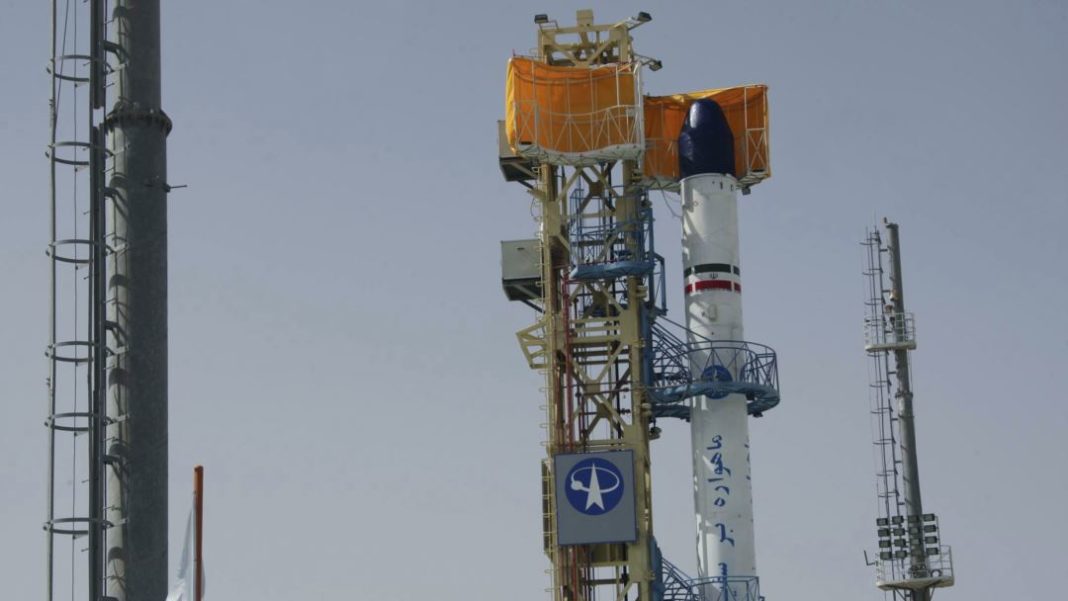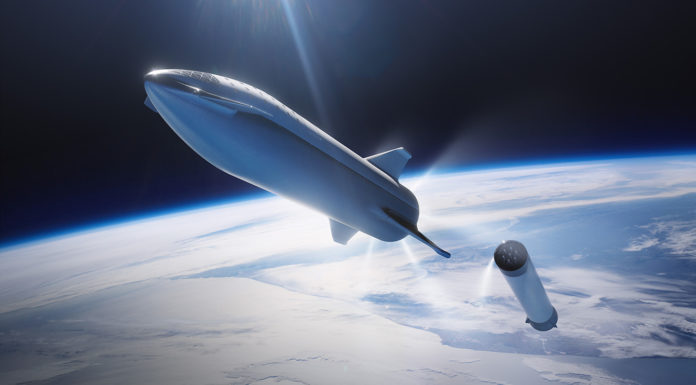Work on the Zafar, or ‘Victory’, satellite began three years ago with the participation of 80 Iranian scientists.
Iran is preparing to launch a new scientific observation satellite in the “coming days”, the head of its national space agency has said.
Work on the Zafar – which means victory in the Farsi language – satellite “began three years ago with the participation of 80 Iranian scientists,” Morteza Berari said on Saturday, without giving a date for the launch.
He said the 113kg satellite will be launched by a Simorgh rocket 530km (329 miles) above the Earth, where it will make 15 orbits daily.
The satellite was designed to remain operational for “more than 18 months”, he added.
Its “primary mission” will be collecting imagery, said Berari. He said Iran needed such data to study earthquakes, prevent natural disasters and develop its agriculture.
“It will be a new step for our country,” said Berari, noting that Iran had previously managed to place a satellite into orbit 250km (155 miles) above the Earth.
While the Islamic republic’s satellite programme has concerned some Western countries, Berari said Iran advocates for the “peaceful use of outer space“.
“All our activities in the domain of outer space are transparent,” he said.
The Iranian Space Agency hopes to build five more satellites before March 2021, Berari added.
In January 2019, Tehran announced that its Payam – which means Message in Farsi – satellite had failed to reach orbit. Authorities had said they launched Payam to collect data on environmental change in Iran.
The launch of its carrier rocket was preceded by warnings from the United States, which described it as a “provocation” and a violation of a 2015 UN Security Council resolution.
The Resolution 2231 endorsed an international accord on curbing Tehran’s nuclear programme and called on Iran to refrain from any activity related to ballistic missiles capable of delivering nuclear weapons.
Iran maintains it has no intention of acquiring nuclear weapons and says its aerospace activities are peaceful and do not violate the UN resolution.













![Hotstar Premium Cookies 2019 [*100% Working & Daily Updated*] Hotstar Premium Cookies 2019 [*100% Working & Daily Updated*]](https://tahav.com/wp-content/uploads/2019/11/Hotstar-Premium-Cookies-Free-100x70.jpg)



